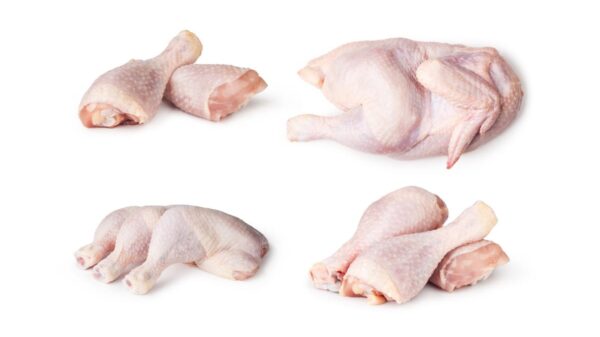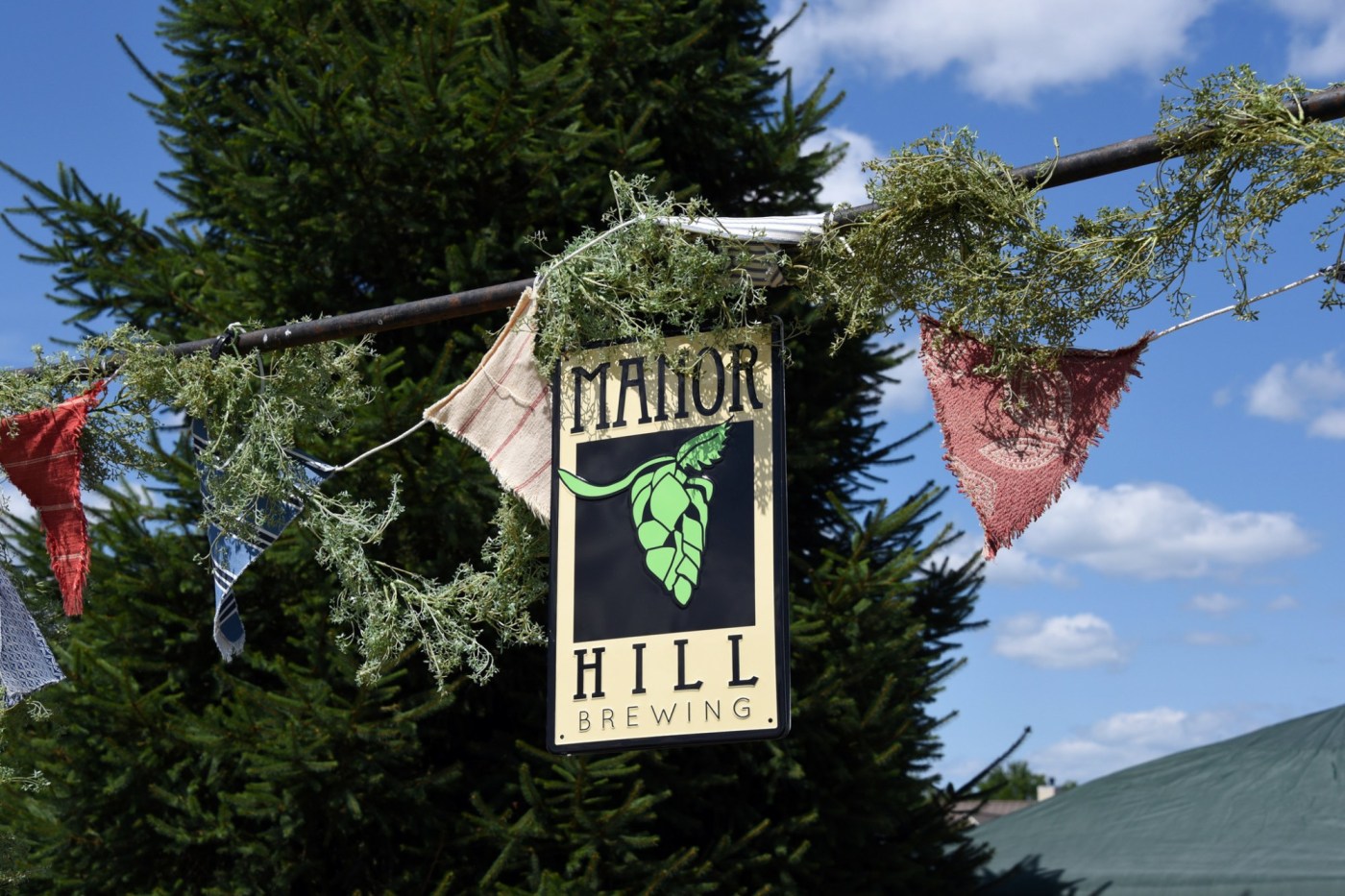Farm breweries in Maryland are facing a mix of challenges and opportunities as they navigate a complex economic landscape. Despite ongoing issues, including a nine-year neighborhood zoning battle, Ellicott City’s Manor Hill Brewing continues to flourish, reflecting the growing popularity of farm breweries in the state. Established as “Howard County’s first, and Maryland’s largest, farm brewery,” Manor Hill recently hosted a successful Craft Fair & Maker’s Market featuring over 30 vendors.
The brewery is known for its diverse offerings, from goat yoga to community events like Books & Beers and an annual Corn Fair. As noted in a September Instagram post, “we’re thrilled to share that the music lineup is already booked solid through all of 2025 and most of 2026.” Since the introduction of farm brewer licenses in 2012, Maryland has seen a surge in these breweries, which have become a significant part of the state’s agritourism industry.
According to Anthony Aellen of Linganore Winecellars, “If you can keep a farm viable, it’s much better for the state than rolling it over to a developer.” His brother opened the Red Shedman Farm Brewery in 2014 on their property, which is currently working through county permits to rebuild after a fire damaged facilities last year. Aellen emphasized the importance of connecting consumers to their food sources, stating, “The consumer today wants to know the most basic of information, where does their food come from. It put agriculture back in the consumer’s eye.”
Falling Branch Brewing, located on a 100-acre property, remains a prominent attraction in Harford County as its first farm brewery. Meanwhile, Black Locust Hops, which became the first in Baltimore County to receive a special exception for a farm brewery, notes that 90% of its customers come from the local community. Owner Lisa Carton expressed pride in their loyal customer base, saying, “We do have a very loyal customer base.”
The industry does face significant concerns, particularly regarding noise and traffic. In 2021, Harford County imposed a 120-day moratorium to study these issues, which temporarily affected operations at Bel Air’s Alecraft Brewery.
Economic uncertainty is another pressing issue. Aellen pointed out that the craft brewing sector is experiencing “a little bit of turmoil,” particularly for midsize operations producing between 6,000 and 18,000 barrels annually. Carton acknowledged this trend, noting that Black Locust Hops has begun offering products with low and no alcohol by volume (ABV), as well as mocktails, in response to changing consumer preferences.
Caroline Sisson, president of the Brewers Association of Maryland, identified the shift towards reduced alcohol consumption as a major concern for breweries nationwide. She highlighted several challenges, including rising production costs and increased competition from other craft alcohol sectors, such as seltzers and ready-to-drink cocktails, which further complicate the industry landscape.
Despite these hurdles, Aellen believes the Maryland market remains resilient, stating, “I do believe the market is still there. It’s tighter than it was before.”
As for Manor Hill Brewing, the ongoing zoning dispute continues to unfold. A recent hearing in Howard County has prompted neighbors challenging the brewery to submit updated memos by October 31. The outcome could have significant implications for the future of this established brewery and its role in the local community.
Overall, Maryland’s farm breweries exemplify the dynamic intersection of agriculture and entrepreneurship, showcasing the resilience of this sector amid evolving economic realities.






































































